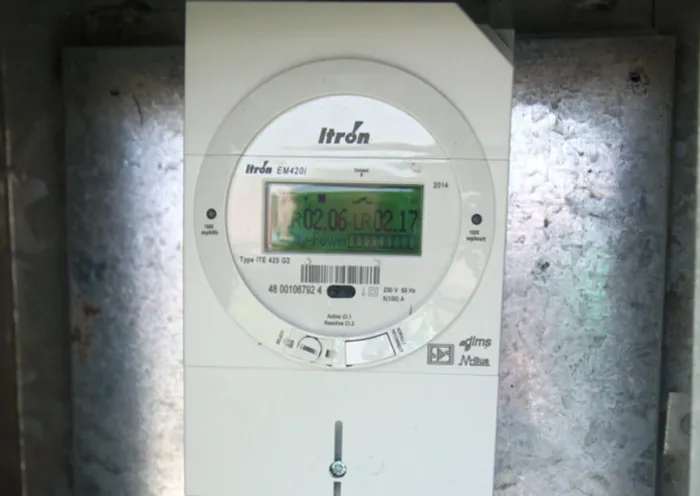Meter deal: Tshwane won’t incur penalties

Pretoria - No billions of rand in penalties will be incurred by the City of Tshwane for pulling the plug on the electricity smart prepaid meters contract with PEU Capital Partners, after the parties opted for a mutual agreement.
As opposed to an acrimonious contractual termination, the agreement obviated a possible multi-billion rand bill in termination fees and levies, mayor Kgosientso Ramokgopa said on Wednesday.
The agreement also caters for households and businesses already on smart meters in that they will not experience a service disruption.
Ramokgopa, together with municipal manager Jason Ngobeni, were announcing details of the termination terms and transitional mechanisms during a media briefing at his Centurion offices.
He rejected the claim by the DA last month that the termination would cost R1.2 billion, saying the opposition members making this claim were being dealt with in council. “These detractors of our transformation agenda have gone to the extent of manufacturing lies, lies and lies over this innovative smart metering project, and today we once again expose such right-wing opportunism and immature political disorder,” he said.
He said while a formal termination notice was issued last month, intensive negotiations had just been concluded with PEU on termination terms. These were approved by the mayoral committee and were due to be submitted to the council at its ordinary sitting this morning.
“The contract will mutually terminate on June 30 on a no-fault basis. No further roll-out of smart meters will take place. Customer interface units for smart meters will be installed between July and December,” he said.
Ramokgopa said the city would, within the next six months, start a new procurement process for a service provider to pay for and take over the system.
Until then, PEU will continue to maintain, manage and run the system at a cost of 9.5c for each R1 collected. This is down from the 19.5c paid previously in terms of the contract. PEU will also participate in a hand-over process of established platforms, intellectual property, as well as technology transfer and capacity building to ensure a smooth and disruption-free service going forward. “For the six-month transitional period, such service will ensure we collect in excess of R1.8bn in direct electricity charges and additional collection of outstanding municipal accounts triggered by vending,” Ramokgopa said.
Ngobeni said the city had set up a competent multi-disciplinary team to draft and finalise a detailed tender specification for a new procurement process to obtain a new service provider.
The process will commence next month and conclude by the end of the year, after which a new service provider is expected to take over.
A valuation will be done of the infrastructure and system with its associated intellectual property for transfer purposes, funding, development as well as roll-out costs. This will include costs related to ownership and operation.
The city will ensure that all interested parties are informed and empowered to create a conducive environment for transparency, investor solicitation and broad-based participation. PEU will be allowed to bid in the new tender.
“We have learnt a lot in the past two years and are specific about what we want this time around,” Ngobeni said, adding the city also intended to procure a service provider for prepaid water meters.
Ramokgopa earlier said the biggest lesson learnt was never to pay a contractor from the installation of the first meter, but only after certain targets had been met.
The city announced the termination of its smart metering contract with the service provider on May 12, citing the negative financial and economic impact of the project.
Since the roll-out commenced in October 2013, about 12 900 meters had been installed in large and small power users, and R830 million paid to PEU.
The city cited a court application by AfriBusiness to interdict and review the contract, saying this affected the speedy roll-out of the meters. The case is still before the high court.
Pretoria News